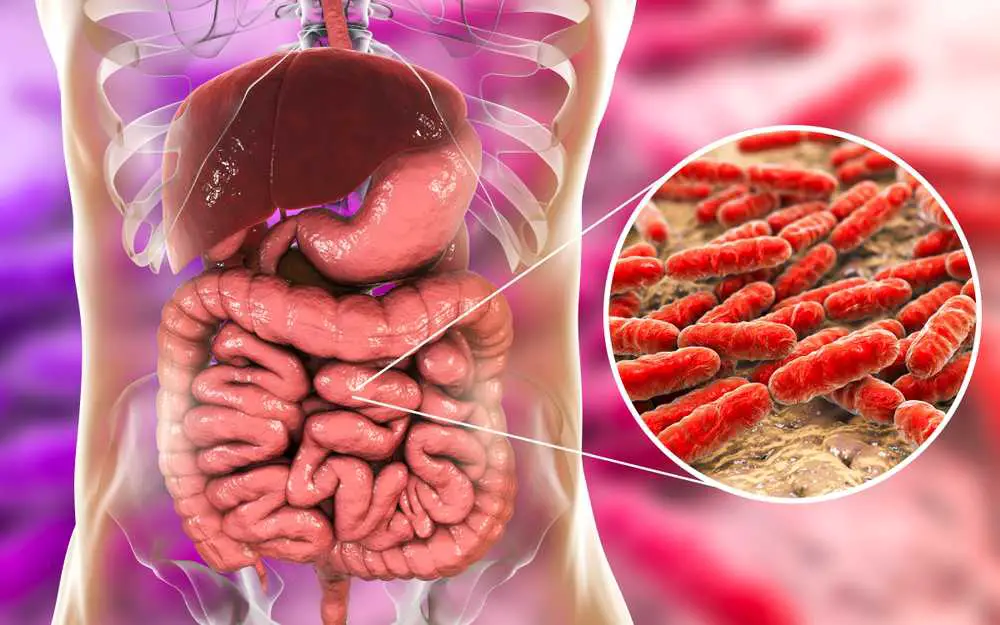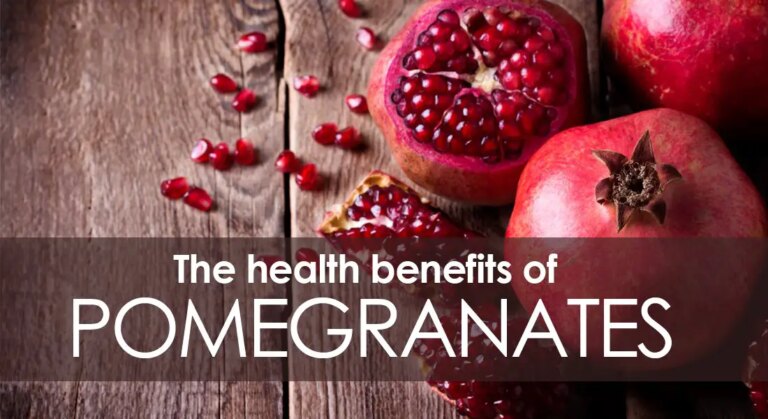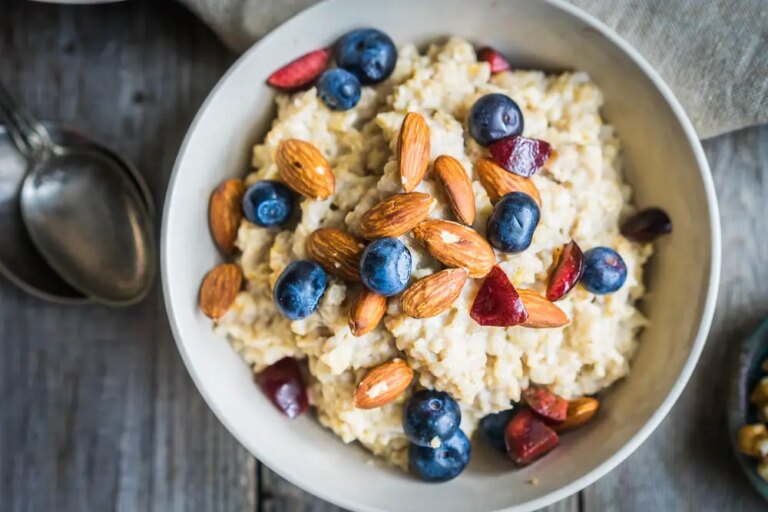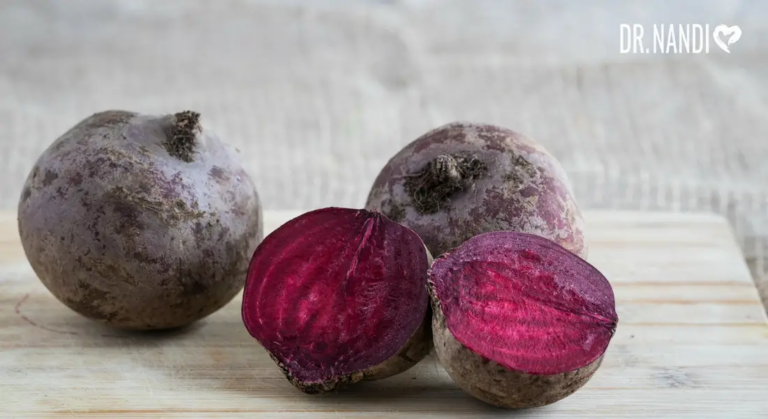Beneath the surface of our daily lives, an intricate and powerful system operates quietly within us, holding the keys to our overall health. This system, a bustling community of microorganisms, is more influential than we might imagine. These tiny warriors, residing in our gut, are not just passive inhabitants but active defenders, trainers, and producers, working tirelessly to maintain our well-being.
Imagine a world where the balance of these microscopic allies determines your susceptibility to chronic diseases, your immune strength, and even your mood. A delicate equilibrium exists, and when disrupted, it can lead to a cascade of health issues that seem unrelated but are deeply connected. The foods we consume daily can either support this balance or wreak havoc on it, leading to unseen battles with profound consequences.
What are the hidden factors that can disrupt this vital system? How can seemingly harmless foods turn into adversaries for our gut health? And more importantly, what steps can we take to restore and maintain this balance, ensuring our gut remains a robust fortress against illness?
Understanding the Role of Your Gut Flora
Our digestive system is home to a bustling community of over 100 trillion microorganisms, primarily bacteria, collectively known as gut flora or the microbiome. These tiny warriors play a crucial role in maintaining our overall health, making gut health a cornerstone of well-being.
Immune System Support
The gut flora acts as a vital component of our immune system. These beneficial bacteria help train our immune cells to differentiate between harmful invaders and the body’s own tissues. This training is essential for preventing autoimmune diseases and infections. By maintaining a balanced microbial environment, gut flora can reduce systemic inflammation and boost the body’s ability to fight off pathogens.
Vitamin Production
One of the remarkable functions of gut flora is the production of essential vitamins. For instance, certain gut bacteria synthesize vitamin K and several B vitamins, which are crucial for blood clotting, energy production, and overall metabolic health. Without a healthy population of these bacteria, our bodies would struggle to obtain sufficient amounts of these vital nutrients from diet alone.
Digestive Assistance
Gut flora plays a pivotal role in the digestion and absorption of nutrients. These microorganisms help break down complex carbohydrates, fibers, and other substances that our digestive enzymes cannot process efficiently. This not only aids in nutrient absorption but also produces short-chain fatty acids, which are beneficial for colon health and have anti-inflammatory properties.
Maintaining the Gut Barrier
The integrity of the gut barrier is essential for preventing harmful substances from entering the bloodstream. Gut flora helps maintain this barrier by supporting the health of the gut lining and producing antimicrobial substances that fend off pathogenic bacteria. This protective mechanism is crucial for preventing conditions like leaky gut syndrome, which can lead to chronic inflammation and various health issues.
Mental Health and Mood Regulation
Emerging research highlights the significant impact of gut flora on mental health. The gut-brain axis, a complex communication network between the gut and the brain, is influenced by the microbiome. Beneficial gut bacteria produce neurotransmitters such as serotonin and dopamine, which play a role in mood regulation, anxiety, and depression. Maintaining a healthy gut flora can thus contribute to better mental health and emotional well-being. [1,2]

Foods That Destroy Gut Flora
Maintaining a healthy gut flora is crucial for overall wellness, but certain foods can significantly harm these beneficial bacteria. Identifying and avoiding these foods is essential for fostering a healthy gut environment. Below are some of the worst foods for gut health and their impacts.
Modern Bread Yeast
Historically, bread was made using natural sourdough starters containing beneficial microbes that aided in fermentation. However, modern bread production often relies on isolated, lab-cultured yeasts like Saccharomyces cerevisiae. Unlike traditional sourdough yeasts, these modern yeasts can be detrimental to gut health. Once ingested, they can compete with beneficial gut bacteria, reproduce rapidly in the bloodstream, and release toxic byproducts. This can lead to issues such as intestinal permeability, fungal overgrowth, weakened immunity, and chronic illnesses. [3]
Added Sugars and Refined Grains
Foods high in added sugars and refined grains can promote the growth of harmful bacteria and yeasts in the gut. These foods provide easily accessible nutrients for pathogenic microorganisms, allowing them to thrive and outcompete beneficial bacteria. This imbalance can lead to inflammation, digestive issues, and an increased risk of chronic diseases such as obesity and diabetes. [1,4]
Soft Drinks and Fruit Juices
Soft drinks and fruit juices, often high in sugars and artificial sweeteners, can negatively impact gut health. These beverages can alter the gut microbiome by feeding harmful bacteria and reducing microbial diversity. The excessive sugar content can also contribute to inflammation and metabolic disorders. [3,4]
Alcoholic Beverages
Excessive alcohol consumption is detrimental to gut flora. Alcohol can irritate the gut lining, disrupt the balance of beneficial bacteria, and promote the growth of harmful microbes. This can lead to increased intestinal permeability, also known as leaky gut syndrome, which is associated with inflammation and various chronic diseases. [4]
High-Sugar Fruits
While fruits are generally healthy, consuming them in excess, especially high-sugar varieties, can negatively impact gut health. Fruits high in fructose can promote the growth of yeast and other pathogenic bacteria. It’s important to consume fruits in moderation and opt for lower-sugar options to maintain a healthy gut balance.
Unfermented Dairy
Conventional unfermented dairy products can be difficult to digest for some people and may lead to an imbalance in gut flora. These products can contribute to inflammation and support the growth of pathogenic bacteria. Fermented dairy products like yogurt and kefir are better options as they contain probiotics that benefit gut health.
Vinegar (Especially Malt)
Malt vinegar and other highly processed vinegars can disrupt the gut microbiome. Opting for natural, unpasteurized vinegar like apple cider vinegar with the ‘Mother’ can be a healthier choice, as it contains beneficial bacteria and enzymes that support gut health. [3]
Peanuts
Peanuts can harbor molds and toxins, such as aflatoxins, which can negatively affect gut health. These toxins can disrupt the balance of gut bacteria and contribute to inflammation. Choosing other nuts like almonds or walnuts, which are less likely to be contaminated, can be a better option for gut health.
Refined Seed Oils
Refined seed oils, such as soybean oil and corn oil, are high in omega-6 fatty acids, which can promote inflammation when consumed in excess. This inflammation can disrupt the gut microbiome and lead to various health issues. Opting for healthier fats like olive oil, coconut oil, and avocado oil can help maintain a balanced gut flora. [3,4]

Consequences of Disrupted Gut Flora
When gut flora is disrupted, the body becomes more susceptible to a range of health problems:
- Chronic Illnesses: Imbalanced gut microbiota has been associated with an increased risk of chronic illnesses such as cardiovascular disease, cancer, and metabolic disorders. The lack of beneficial bacteria can lead to chronic inflammation, a common factor in many of these diseases. [3,4]
- Mental Health Implications: The gut-brain axis is a bidirectional communication system between the gut and the brain. Disruptions in gut flora can affect the production of neurotransmitters, leading to mental health issues such as anxiety, depression, and cognitive impairments. Healthy gut bacteria play a crucial role in producing serotonin and dopamine, which are vital for mood regulation[4].
- Immune System Weakening: A healthy gut microbiome supports the immune system by preventing the colonization of pathogenic bacteria. When this balance is disrupted, the immune system can become compromised, leading to increased vulnerability to infections and autoimmune diseases. [1]
- Digestive Problems: An imbalance in gut bacteria can lead to digestive issues such as bloating, gas, diarrhea, and irritable bowel syndrome (IBS). Beneficial bacteria are essential for the proper digestion and absorption of nutrients, and their absence can impair these processes. [3]
Other Factors Affecting Gut Health
While diet plays a significant role in gut health, other factors can also profoundly impact the balance of our gut flora. Understanding these influences helps in taking comprehensive measures to maintain a healthy microbiome.
The Role of Antibiotics
Antibiotics, while crucial for combating bacterial infections, can have unintended negative effects on gut health. Antibiotics do not discriminate between harmful pathogens and beneficial bacteria, leading to a reduction in microbial diversity and potentially causing long-term alterations in the gut microbiome. Studies have shown that even a short course of antibiotics can significantly disrupt the gut flora, decreasing the variety of bacterial species and sometimes leading to an overgrowth of antibiotic-resistant bacteria. [5]
The overuse and misuse of antibiotics contribute to this problem. For instance, antibiotics prescribed unnecessarily for viral infections or used in agriculture can lead to widespread antibiotic resistance, making it harder to treat infections and further disrupting the gut microbiome. [5]
Western Diet and Its Pitfalls
The typical Western diet, characterized by high consumption of processed foods, sugars, and unhealthy fats, is detrimental to gut health. These diets often lack sufficient fiber, which is essential for feeding beneficial gut bacteria. Low fiber intake can reduce the production of short-chain fatty acids (SCFAs), which are vital for maintaining gut health and preventing inflammation.
Moreover, the high sugar and fat content in Western diets can promote the growth of harmful bacteria and fungi, leading to an imbalance known as dysbiosis. This imbalance is associated with various health issues, including obesity, diabetes, and cardiovascular diseases.
Stress: The Silent Saboteur
Stress, both acute and chronic, significantly impacts gut health. Stress can alter the gut microbiome by changing the composition and function of gut bacteria. It can lead to decreased microbial diversity and an increase in harmful bacteria. Additionally, stress-induced changes in gut permeability can result in a “leaky gut,” where harmful substances can enter the bloodstream, leading to systemic inflammation and various health problems.
Managing stress through techniques like mindfulness, yoga, and deep breathing exercises can help maintain a healthy gut. Regular physical activity and adequate sleep are also important for reducing stress and supporting gut health.
Environmental Factors
Environmental factors such as pollution, exposure to chemicals, and hygiene practices also play a role in shaping the gut microbiome. For example, excessive use of sanitizers and antibacterial products can reduce exposure to beneficial microbes, potentially weakening the immune system and gut health. Conversely, exposure to a diverse range of microbes, such as through outdoor activities and contact with animals, can support a more diverse and robust gut microbiome. [5]
Medications Beyond Antibiotics
Other medications, including proton pump inhibitors (PPIs) and nonsteroidal anti-inflammatory drugs (NSAIDs), can also affect gut health. PPIs, used to treat acid reflux, can alter the stomach’s pH balance, affecting the gut microbiome. NSAIDs can cause gastrointestinal irritation and increase gut permeability, potentially leading to dysbiosis and inflammation. [5]

My Personal RX on Restoring and Maintaining Gut Health
As a doctor deeply invested in holistic wellness, I can’t emphasize enough the importance of maintaining a balanced gut microbiome for overall health. Here are my top recommendations to restore and sustain a healthy gut, integrating both dietary and lifestyle practices.
- Increase Fiber Intake: Prioritize a diet rich in both soluble and insoluble fibers from foods like oats, barley, legumes, and vegetables. Fiber feeds beneficial bacteria and supports digestion and colon health.
- Include Fermented Foods: Regularly consume fermented foods such as yogurt, kefir, sauerkraut, kimchi, and kombucha. These foods are packed with probiotics that help maintain a diverse and balanced gut microbiome.
- Add Prebiotic-Rich Foods: Incorporate prebiotic foods like garlic, onions, leeks, asparagus, and bananas into your diet. These foods nourish the good bacteria already present in your gut, enhancing their activity and promoting health.
- Diverse Plant-Based Diet: Aim for a varied diet that includes a wide range of fruits, vegetables, nuts, seeds, and legumes. This diversity ensures that different strains of beneficial bacteria are supported, contributing to overall gut health.
- Stay Hydrated: Drink plenty of water daily to aid digestion and nutrient absorption, and to maintain the mucosal lining of the intestines, which is crucial for a healthy gut environment.
- Optimize the Gut-Brain Axis: Empower your gut-brain axis with MindBiotic, a carefully crafted supplement combining probiotics, prebiotics, and Ashwagandha KSM 66. This unique blend supports both gut and mental health, enhancing overall well-being.
- Limit Antibiotic Use: Use antibiotics only when absolutely necessary and as prescribed by a healthcare professional. Antibiotics can disrupt the balance of gut bacteria, so consider probiotic supplements during and after antibiotic use to restore gut health.
- Manage Stress: Incorporate stress management techniques such as mindfulness, yoga, and deep breathing exercises. Chronic stress can negatively impact your gut microbiome, so finding ways to relax is essential.
- Avoid Harmful Substances: Minimize the intake of processed foods, high-sugar items, artificial sweeteners, and excessive alcohol. These substances can disrupt the balance of gut bacteria and promote the growth of harmful microorganisms.
- Feed Your Mind: Educate yourself on the science behind the gut-brain axis and discover holistic approaches to improving both gut and mental health with my latest book “Heal Your Gut, Save Your Brain.” Pre-order here!
Sources:
- Clinic, C. (2024, April 30). How your gut microbiome impacts your health. Cleveland Clinic. https://health.clevelandclinic.org/gut-microbiome
- Leaper, P. (2023, February 6). The Importance of Gut Flora for your Immune System. Paleo Leap. https://paleoleap.com/importance-gut-flora-immune-system/
- Kisuse, J., La-Ongkham, O., Nakphaichit, M., Therdtatha, P., Momoda, R., Tanaka, M., Fukuda, S., Popluechai, S., Kespechara, K., Sonomoto, K., Lee, Y., Nitisinprasert, S., & Nakayama, J. (2018). Urban diets linked to gut microbiome and metabolome alterations in children: A Comparative Cross-Sectional Study in Thailand. Frontiers in Microbiology, 9. https://doi.org/10.3389/fmicb.2018.01345
- Klement, R. J., & Pazienza, V. (2019). Impact of different types of diet on gut microbiota profiles and cancer prevention and treatment. Medicina, 55(4), 84. https://doi.org/10.3390/medicina55040084
- Konstantinidis, T., Tsigalou, C., Karvelas, A., Stavropoulou, E., Voidarou, C., & Bezirtzoglou, E. (2020). Effects of Antibiotics upon the Gut Microbiome: A Review of the Literature. Biomedicines, 8(11), 502. https://doi.org/10.3390/biomedicines8110502




















